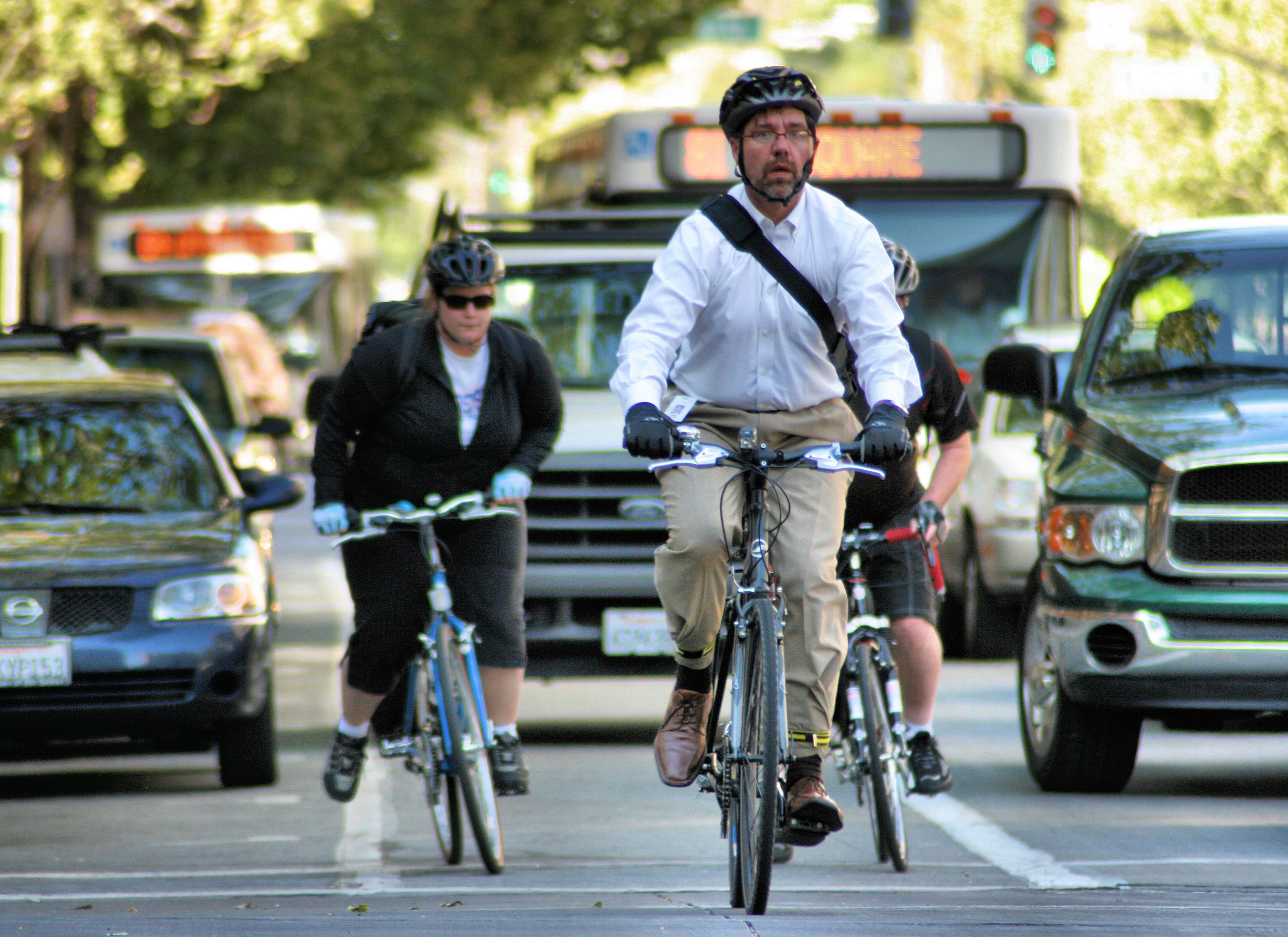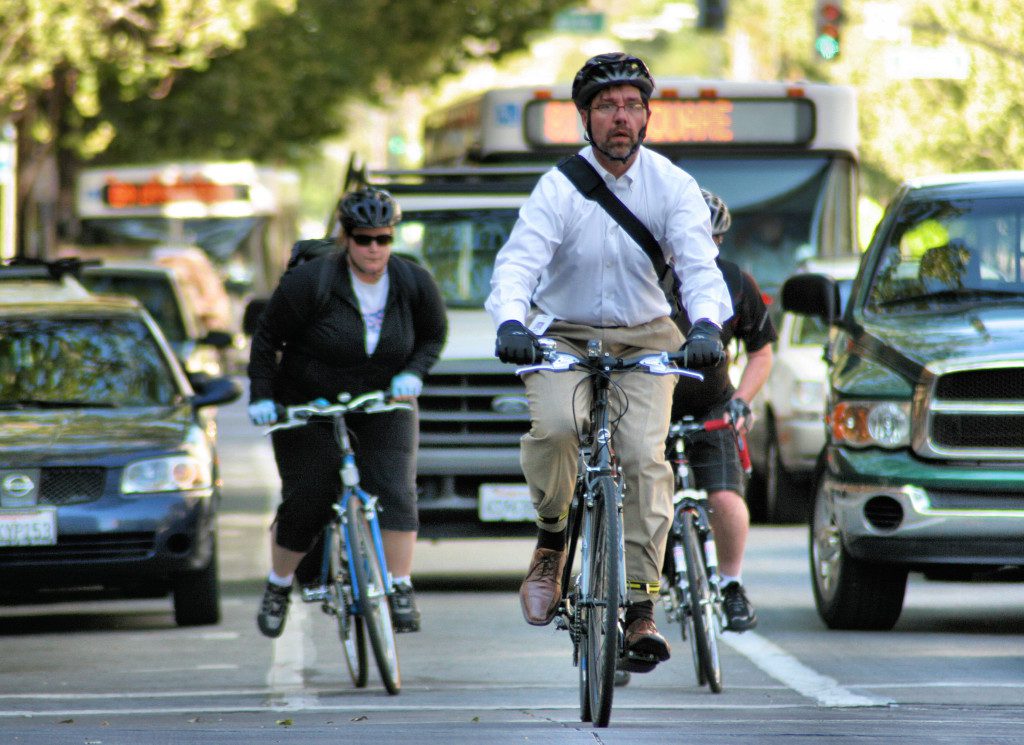Had a bad week at the office? Try taking your bike to work next time, research says


It’s here; you’ve crossed the finish line. Friday. Welcome to the end of your working week—we know it didn’t thrill you, but hopefully it didn’t kill you.
There’s research, though, that says this day of the week doesn’t have to feel like a nine-tonne elephant is slowly lifting off your back. There’s a way to go through your 40 hours a week feeling more relaxed, your mind less harried, and it’s as easy as riding a bike. It’s an obvious fact for most of us, of course, but one that’s opening a lot of uninitiated, transit-addled eyes.
The conclusion is simple: bike more, stress less.
One of those sources is the Stanford Calming Technology Lab in England. Using a technology called Spire—a heart-rate monitor that also tracks breathing—researchers looked at a sample of 1,000 commuters across 20,000 commutes. Those whose trip to work involved a bus or a train had shallow, strained breathing, while those who cycled didn’t. It’s a sure sign of stress, and the clearest, most empirical evidence of what that research uncovered: cyclists, even biking to work in a place such as London, are about 40 percent less stressed than their motorized counterparts.
“By biking to work,” said Neema Moraveji, the Lab’s head and founder of the Spire technology, “we know that the physical nature of cycling and physical exertion will engender a more calm and focused state of mind. So while being good for us physically, we also see lots of psychological and emotional benefits.”
Along with the shallow respiration, increased heart rates were also detected among motorized commuters, the data showed. There are also indications that the stressful effects of the car-based commute linger long after the work day is done. “It’s particularly interesting to see that many people don’t transition back into the home after a long day of work very well,” Morajevi added.
Another one of those sources unveiled its findings last year, when the University of East Anglia, looking at a cross-section of 18,000 commuters during a decade, published a study showing that those with active commutes—like cyclists—have overall better states of well-being than drivers.
